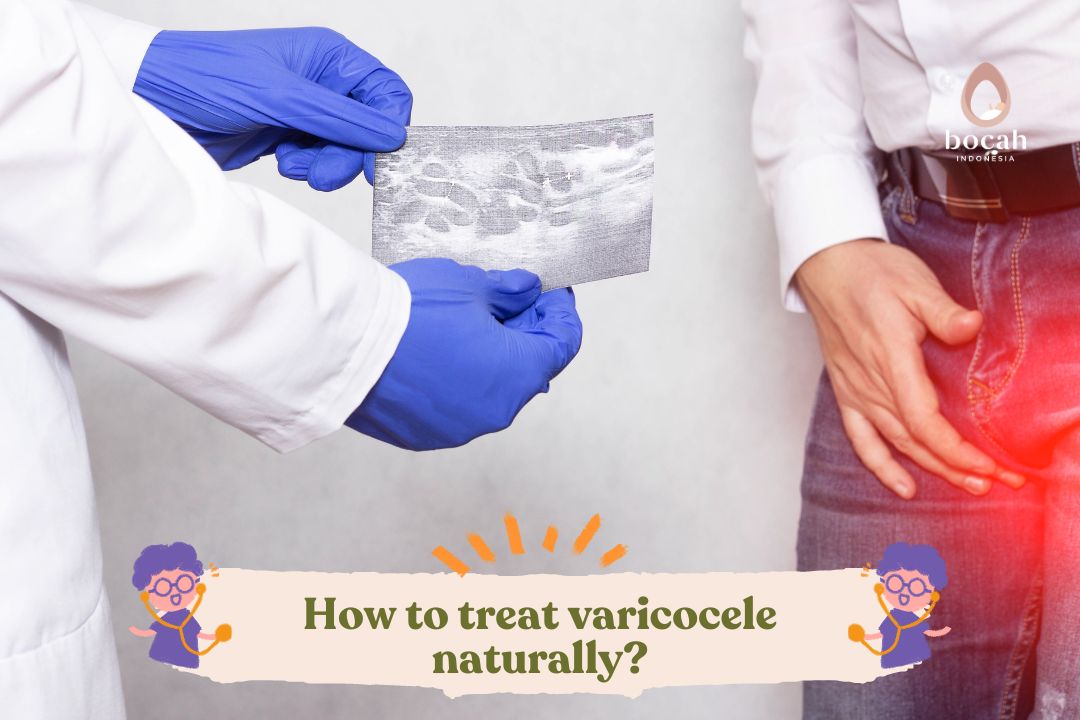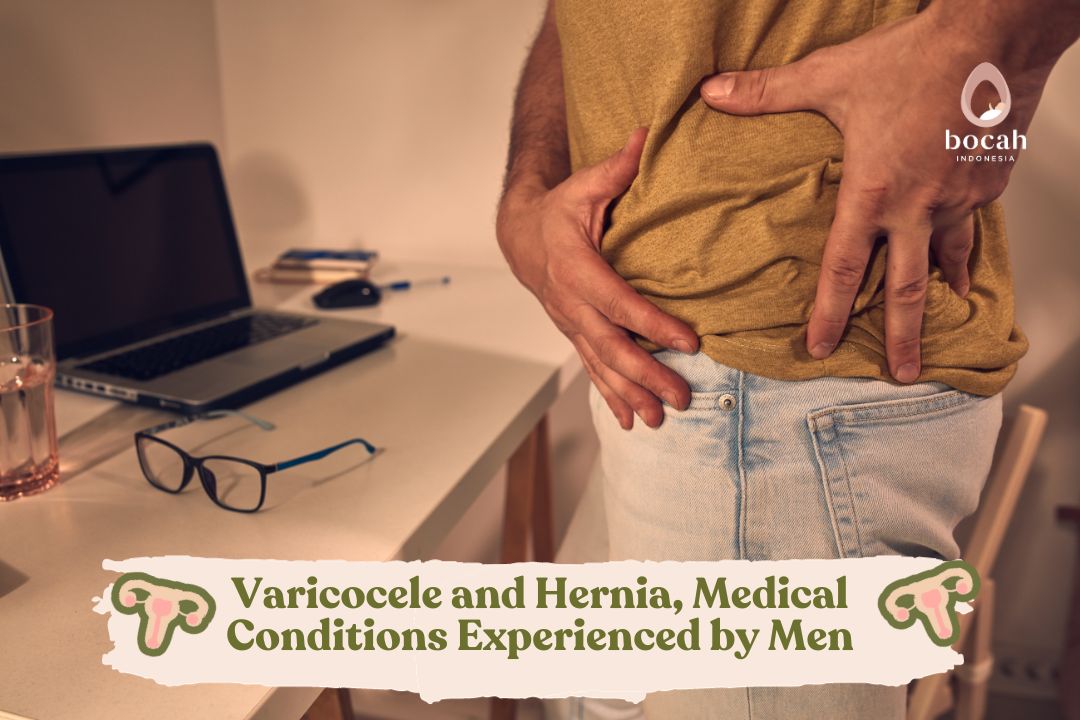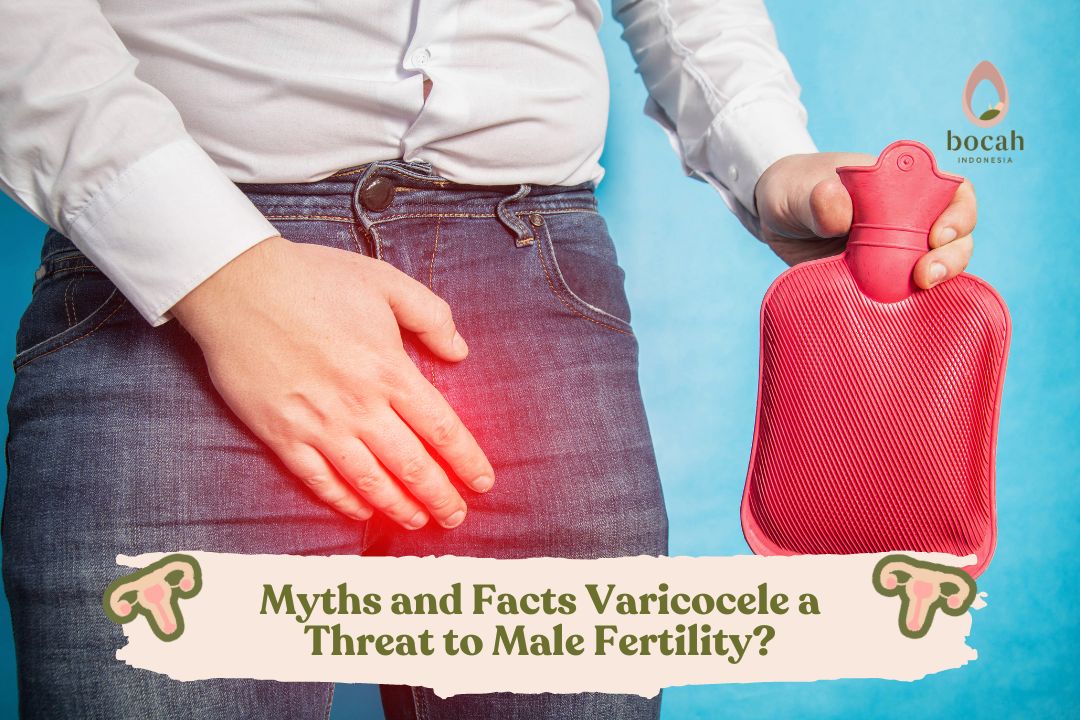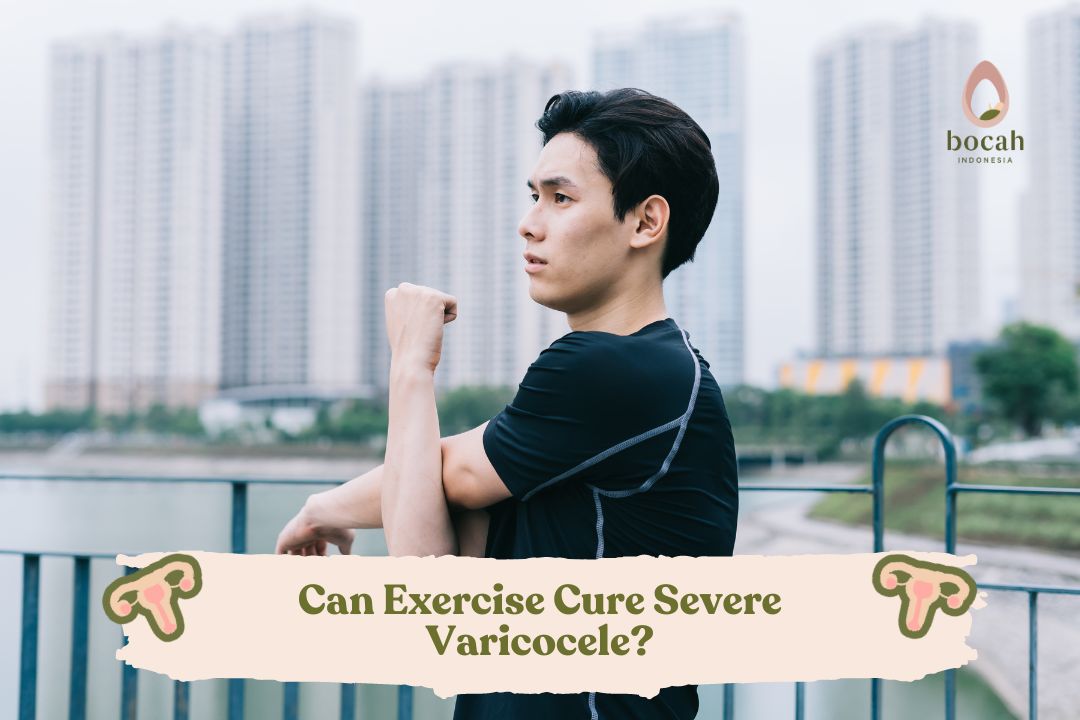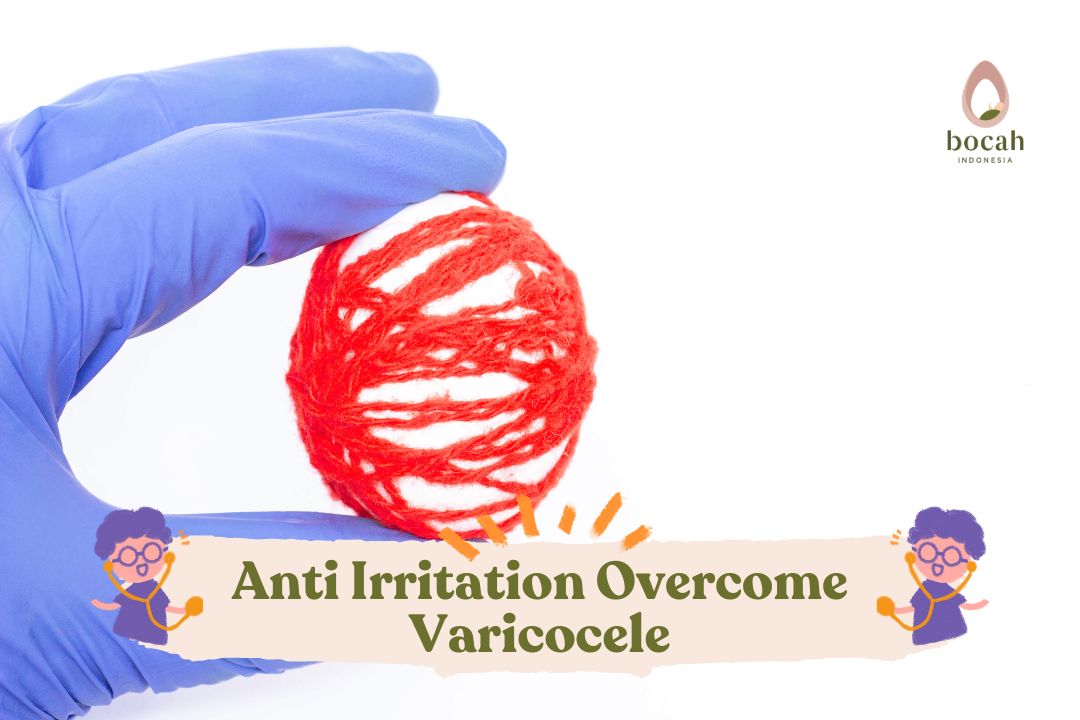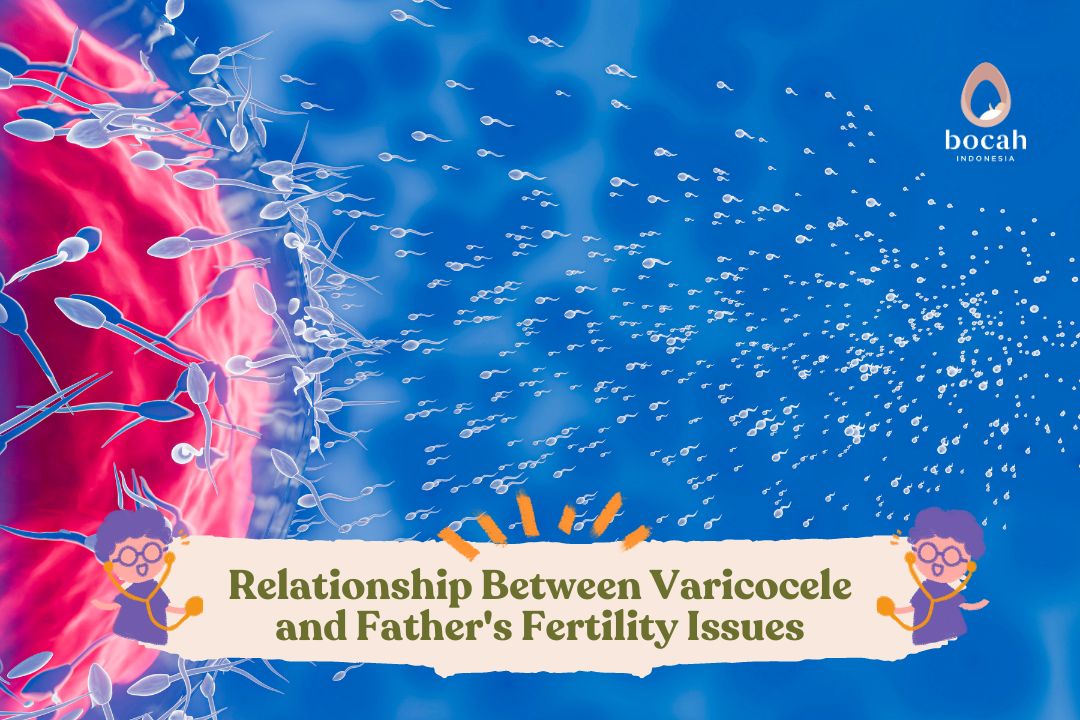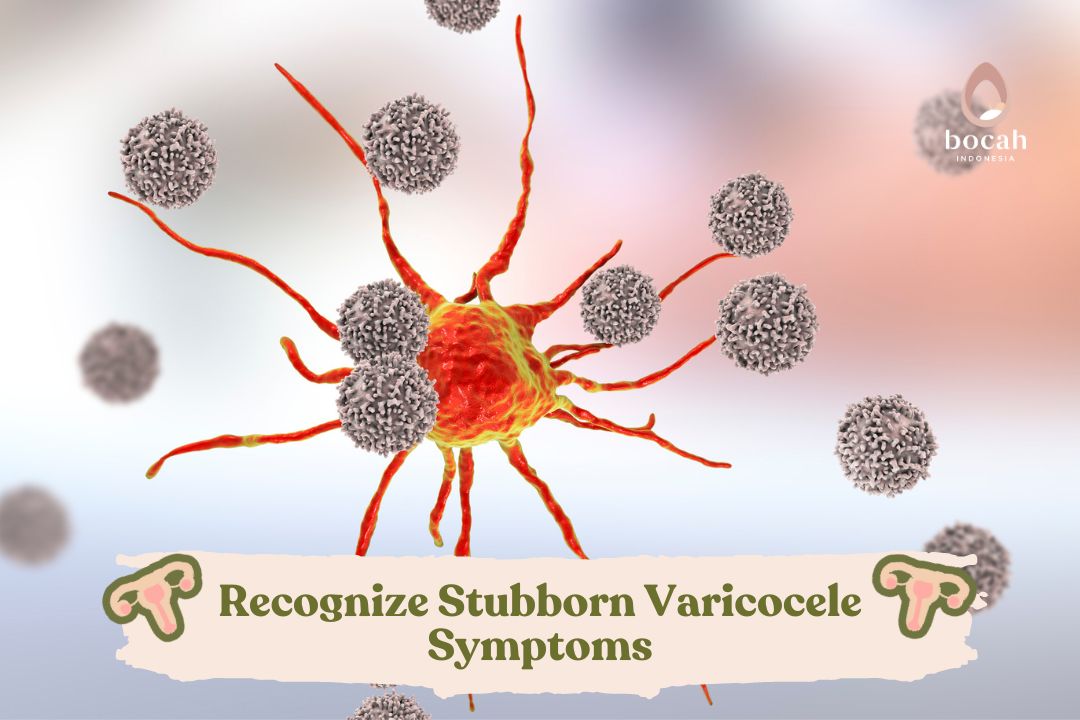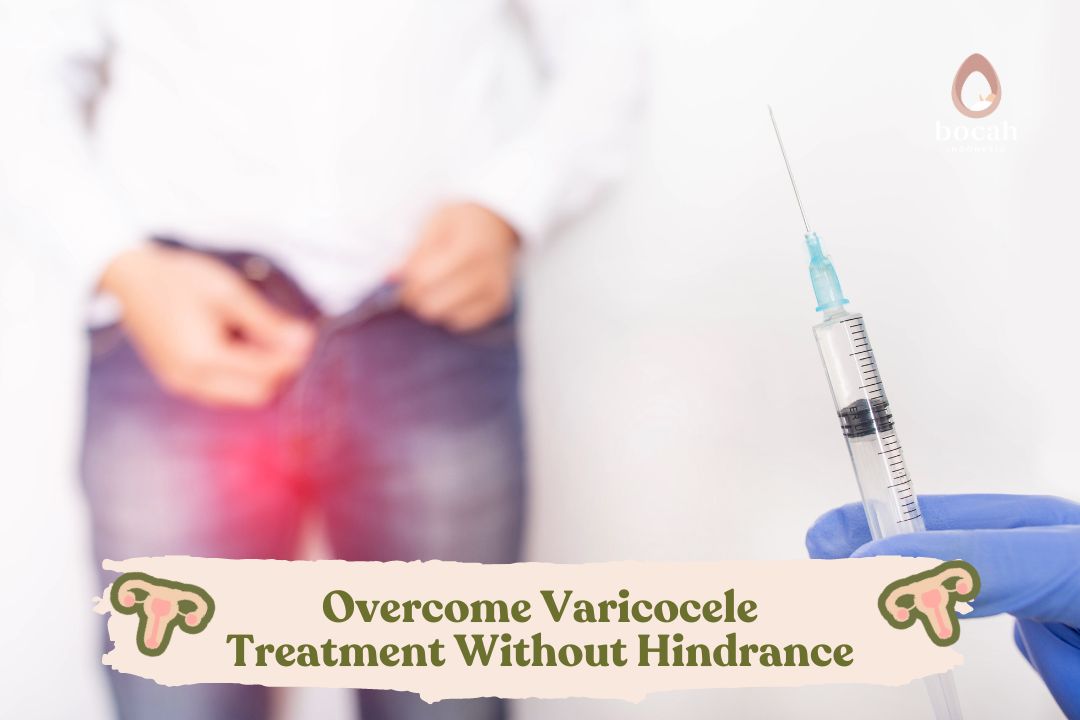Varicocele Has the Potential to Cause Complications
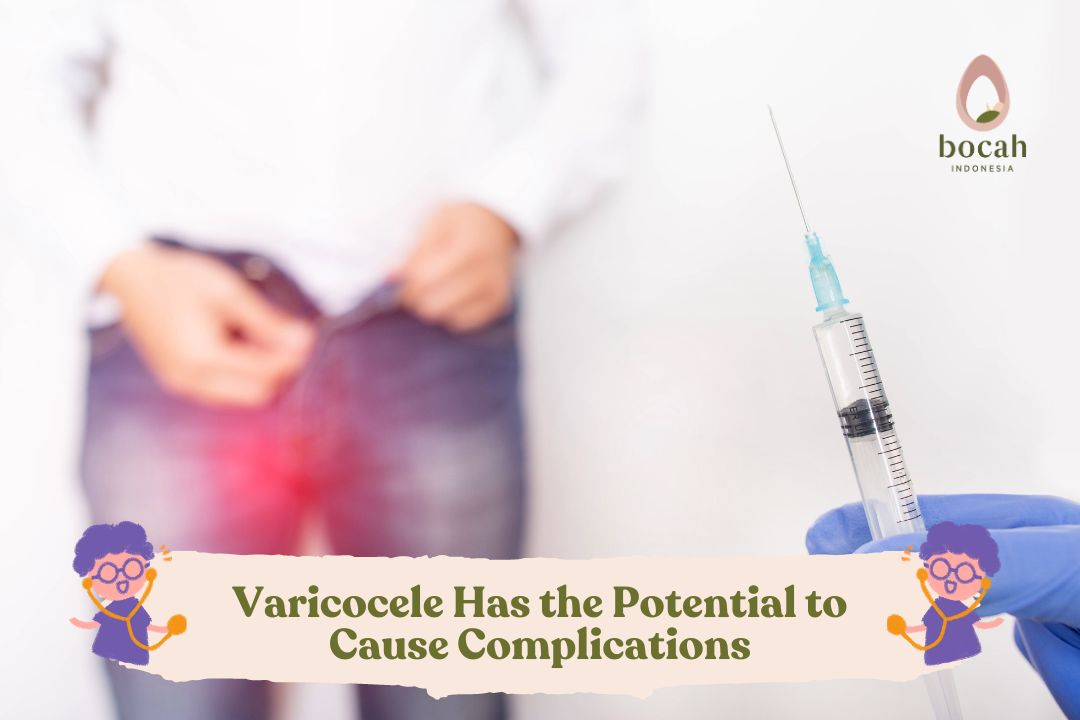
Varicocele can lead to complications due to the swelling of blood vessels around the testicles. Find out how to deal with varicocele and the dangers of complications here.
Varicocele is a condition that causes swelling of the blood vessels around the testicles, which can pose serious complications, especially related to Father’s fertility. This swelling can increase the temperature around the testicles and affect sperm production.
To avoid varicocele complications and unwanted issues, Father needs to undergo early examination and address varicocele properly. Learn about varicocele symptoms and complications affecting fertility and proper management here.
Effects of Varicocele on Fertility
Varicocele can have significant effects on Father’s fertility. This condition, involving swelling of blood vessels around the testicles, can result in several detrimental consequences to sperm production and fertility function.
Some of the main effects of varicocele on Father’s fertility include:
Tanya Mincah tentang Promil?
-
Increased Testicular Temperature
Varicocele can increase the temperature around the testicles due to changes in blood flow. This condition can hinder sperm production, as the testicles require a lower temperature to maintain optimal sperm quality.
-
Disruption in Sperm Quality
Varicocele can affect sperm quality, including motility (sperm movement) and morphology (sperm shape). The higher the severity of varicocele, the greater the likelihood of changes in sperm quality parameters.
-
Infertility
In some cases, varicocele can lead to infertility or difficulty in conceiving. Disruptions in sperm production and changes in sperm quality can hinder the ability of sperm to reach and fertilize the egg.
-
Hormonal Disruption
Varicocele can also affect reproductive hormone levels, such as testosterone. These hormonal disruptions can contribute to fertility issues and Father’s reproductive function.
It’s important to remember that the effects of varicocele can vary between individuals. Nevertheless, understanding the potential impact of varicocele on Father’s fertility can serve as a basis for seeking timely treatment and taking preventive measures to maintain reproductive health.
Possible Reproductive Complications
According to the Cleveland Clinic, having varicocele can make it difficult for the body to regulate temperature in the testicles. Oxidative stress and accumulation of toxic substances can occur. Some complications that may arise due to this condition include:
-
Poor Testicular Health
Testicular growth is inhibited; in adolescents undergoing puberty, varicocele can hinder testicular growth, hormone production, and other factors related to testicular health and function. Meanwhile, in adults, varicocele can cause gradual shrinkage due to tissue loss.
-
Infertility
Varicocele is not a direct cause of infertility. Although research finds that about 10% to 20% of men diagnosed with varicocele experience difficulty in having children. Among men with fertility problems, about 40% have varicocele.
In this situation, varicocele can disrupt optimal temperature regulation in the testicles, which should be lower than the body’s general temperature. This can trigger oxidative stress and accumulation of toxic substances, resulting in negative impacts on testicular health and reproductive function.
-
Low Testosterone (Hypogonadism)
According to the Mayo Clinic, varicocele can cause low testosterone. Testosterone is produced in the testicles and plays a crucial role in the development of male characteristics during puberty. This hormone not only affects facial and body hair growth but also plays a vital role in enhancing libido or sexual desire.
Testosterone helps strengthen bones and muscles. Low testosterone levels can lead to decreased bone density and muscle mass, which in turn can lead to muscle weakness and bone injury risks.
Testosterone hormone also plays a role in maintaining normal testicular size and function. Low testosterone levels can cause testicular shrinkage, which can be a sign of hormonal imbalance.
-
Azoospermia
A possible complication of varicocele is azoospermia, a condition where no sperm is found in the semen. Sperm is the reproductive cell that plays a crucial role in the fertilization process of the egg by sperm cells, forming an embryo that later develops into a fetus.
Azoospermia is a common cause of infertility in men. This condition indicates that sperm is not produced or cannot reach the semen, making it difficult for fertilization and pregnancy to occur.
In cases of varicocele complications, it is important to remember that the impact of varicocele on testosterone and sperm production can vary. Men with varicocele may experience different symptoms, and the severity of reproductive health impacts may be influenced by certain factors.
Treating Varicocele to Prevent Complications
Since varicocele can lead to serious complications in reproductive health. To prevent this, management of varicocele needs to be done. Here are the steps that can be taken:
-
Consultation with a Doctor
Consult the condition of varicocele with a urology specialist or reproductive health expert. This consultation is important to obtain a comprehensive evaluation of the varicocele experienced.
The doctor will conduct a thorough examination, possibly including physical examination and supporting tests, to determine the severity of varicocele and its impact on reproductive health.
Afterward, the doctor can provide advice regarding the most suitable treatment options for individual conditions, ensuring that the steps taken are personal and effective.
-
Regular Monitoring
By conducting regular monitoring, the doctor can identify changes in the size or severity of varicocele, as well as evaluate the response to management methods or therapies that have been applied.
Timely preventive actions can be taken through this regular monitoring, helping to prevent potential complications and ensure effective treatment according to the development of the condition.
-
Healthy Lifestyle
Maintain a healthy lifestyle by maintaining an ideal body weight, exercising regularly, and consuming nutritious foods. This can help minimize risk factors that can worsen varicocele.
-
Comprehensive Therapy
Comprehensive therapy recommended by the doctor includes various actions and procedures to effectively address varicocele. This may include non-surgical approaches such as symptom management, lifestyle changes, or necessary medication administration.
Additionally, the doctor may recommend surgical interventions, such as varicocele surgery, to correct disrupted blood flow and reduce swelling of blood vessels around the testicles. This surgical procedure may involve microsurgical techniques or other actions according to the patient’s needs.
This comprehensive therapy is designed to address the root cause of varicocele and reduce the risk of complications, with the goal of supporting reproductive health and patient comfort. Decisions regarding this therapy will be tailored to specific conditions and individual needs after a thorough evaluation by the doctor.
-
Utilization of Testicular Protection
Fathers are advised to utilize testicular protection, such as loose clothing to provide optimal air circulation in the genital area.
Additionally, when engaging in high-risk sports activities, the use of testicular protectors such as athletic protectors can help prevent injuries. It is also important to avoid excessive heat situations and provide rest and cooling after physical activities.
-
Monitor Reproductive Health
Perform regular reproductive health checks. This is important to monitor the possible effects of varicocele on fertility and overall reproductive health.
Remember, Fathers, these steps can help prevent the potential complications of varicocele. However, always consult with a doctor for more specific recommendations according to the condition experienced.
Here is an explanation of the complications of varicocele. If Fathers and Mothers are currently undergoing a pregnancy program to conceive quickly, read successful pregnancy program tips on Bocah Indonesia.
This article has been medically reviewed by Dr. Chitra Fatimah.
Source:
- Paick, S., & Choi, W. (2019). Varicocele and Testicular Pain: A Review. The World Journal of Men’s Health, 37(1), pp. 4–11. https://www.ncbi.nlm.nih.gov/pmc/articles/PMC6305863/
- Chung, J., & Lee, S. (2018). Current Issues in Adolescent Varicocele: Pediatric Urological Perspectives. The World Journal of Men’s Health, 36(2), pp. 123–31. https://www.ncbi.nlm.nih.gov/pmc/articles/PMC5924953/
- American Urological Association (2020). Urology A–Z. Varicocele.
- Johns Hopkins Medicine (2020). Conditions and Diseases. Varicocele.
- Cleveland Clinic (2020). Disease & Conditions. Varicocele.
- Mayo Clinic (2020). Diseases & Conditions. Varicocele.


